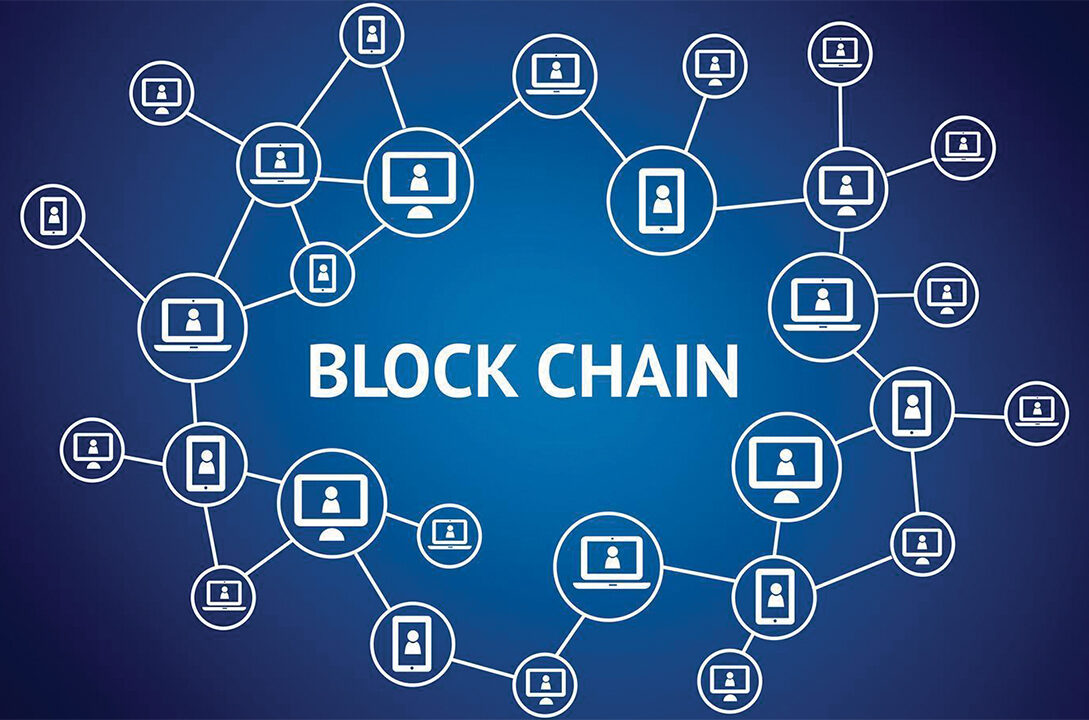Blockchain, a buzzword in today’s date, is the record-keeping technology behind the network of bitcoin. Banking, investing, and cryptocurrency, if you have been following these in the last few years, you must be familiar with the word Blockchain.
If you ever try learning about Blockchain, you might encounter various definitions on various mediums. Still, you would love to know that understanding blockchain is much easier than how the descriptions make it sound, provided that you get the blockchain certificate training from the right source.
What is Blockchain?
Blockchain is a decentralized, consistently evolving public ledger of digital records. It is a system of achieving information in such a way that it is nearly impossible and difficult to hack, make changes, or cheat the system.
If we look at the most basic blockchain level, it is a chain of blocks but not in the real sense. In the context of Blockchain, the block is nothing but the digital data or information which is stored in the public database – the chain.
Specifically, the “blocks” on the Blockchain has three parts
- Information about the transaction like date, time, and dollar amount of recent transaction is stored in the block.
- Information about who is participating is stored in the block.
- The information which distinguishes it from the other blocks is stored in the blocks.
Up to 1MB of data can be stored in the block on the bitcoin blockchain. That means a single block can hold around thousands of transactions depending upon the size of the transaction.
To learn more and explore Blockchain, you can look for the blockchain certification course and blockchain certification course as it is the one-stop place to acquire the knowledge of Blockchain.
Key Components of the Blockchain
The critical components of the Blockchain are as follows: a node which is a user or a computer within the blockchain architecture. Second is the transaction, which is the smallest building block of the blockchain system, for instance, a record or a piece of information that serves the purpose of the Blockchain. The third is a block; it is a data structure used to store and keep the information or set of transactions distributed over a node in the network. Fourth is the chain; a chain is the sequence of blocks in a specific order. The fifth is the Miner; a miner is a particular node that, before adding anything to the blockchain structure, performs the block verification process. Lastly, Consensus is a protocol or a set of rules to carry out the Blockchain’s operations.
Types of Blockchain user
Every participant in the blockchain network plays a specific role. The blockchain users can be categorized as regular users, regulators, blockchain developers, blockchain network operators, and certificate authorities.
If we try to look deep in these terms, a regular user is usually a business user who has the permission to join the blockchain network and carry out the transactions with the network users.
A regulator is a user who might be restricted from making his transaction but has the permission to oversee the operations carried out within the network of Blockchain.
Blockchain developer is a programmer; he/she can create applications, develop smart contracts to allow the blockchain users to carry out the transaction and also permits to exchange the information on the network of the Blockchain.
A blockchain network operator is a user who has the authority and special permission concerning the network of Blockchain; he/she can create, define, manage, and monitor the system.
Different types of certificates are required to run the Blockchain, that’s when the certificate authority comes into the frame. Blockchain developer is the one who issues and manages these certificates; the certificate can also be issued to a particular transaction or a blockchain user.
Career in Blockchain
- Blockchain Developer
A software developer working in the blockchain technology can be called as a blockchain developer. Blockchain developer is no way different than a web developer. The scope of a blockchain developer was limited until the birth of Euthereum; it is the first programmable Blockchain. consequently,
the developers all around the globe had the opportunity to develop the applications on top of the Blockchain.
- Blockchain Solution Architect
Designing, assigning, and connecting Blockchain solution components with the team experts such as network administrators, developers, UX designers, and IT Operations is the responsibility of a Blockchain Solution Architect. He develops the complete blockchain solution.
- Blockchain Project Manager
Connecting Blockchain projects to experts whose duty is to develop Blockchain solutions is the responsibility of a blockchain project manager. He needs to be equipped with cloud project management and should be thorough with the technology. Excellent soft skills are also required.
- Blockchain UX Designer
Since the design and interface are equally critical, Blockchain designers shape the user interface that creates trust and attracts the regular user. The designer needs to be able to have an artistic touch, pay attention to detail, but most importantly, they need to work hard as their work requires them to spend many hours behind their computers.
- Blockchain Quality Engineer
The quality engineer tests and ensures that all the project areas are up to the expected quality. Paying attention to details is essential, as even a little mistake can affect a considerable part of the technology.
- Blockchain legal consultant
The companies require legal expertise in investments after the launch of this new technology. The legal consultant is always curious about the suggestions, handling their finances, and managing their identity. Excellent communication skills are mandatory, and it is also advisable to know the international laws and master any universal language.
Enrolling yourself in the blockchain certification course to boost your career in blockchain technology is always advised.
Conclusion
As the Blockchain is evolving, the professional opportunities will increase simultaneously. Blockchain is a new and exciting technology to explore. Blockchain will stay with us for years and years to come, and hence blockchain expertise is in high demand. Get your blockchain certification course without any delay!





